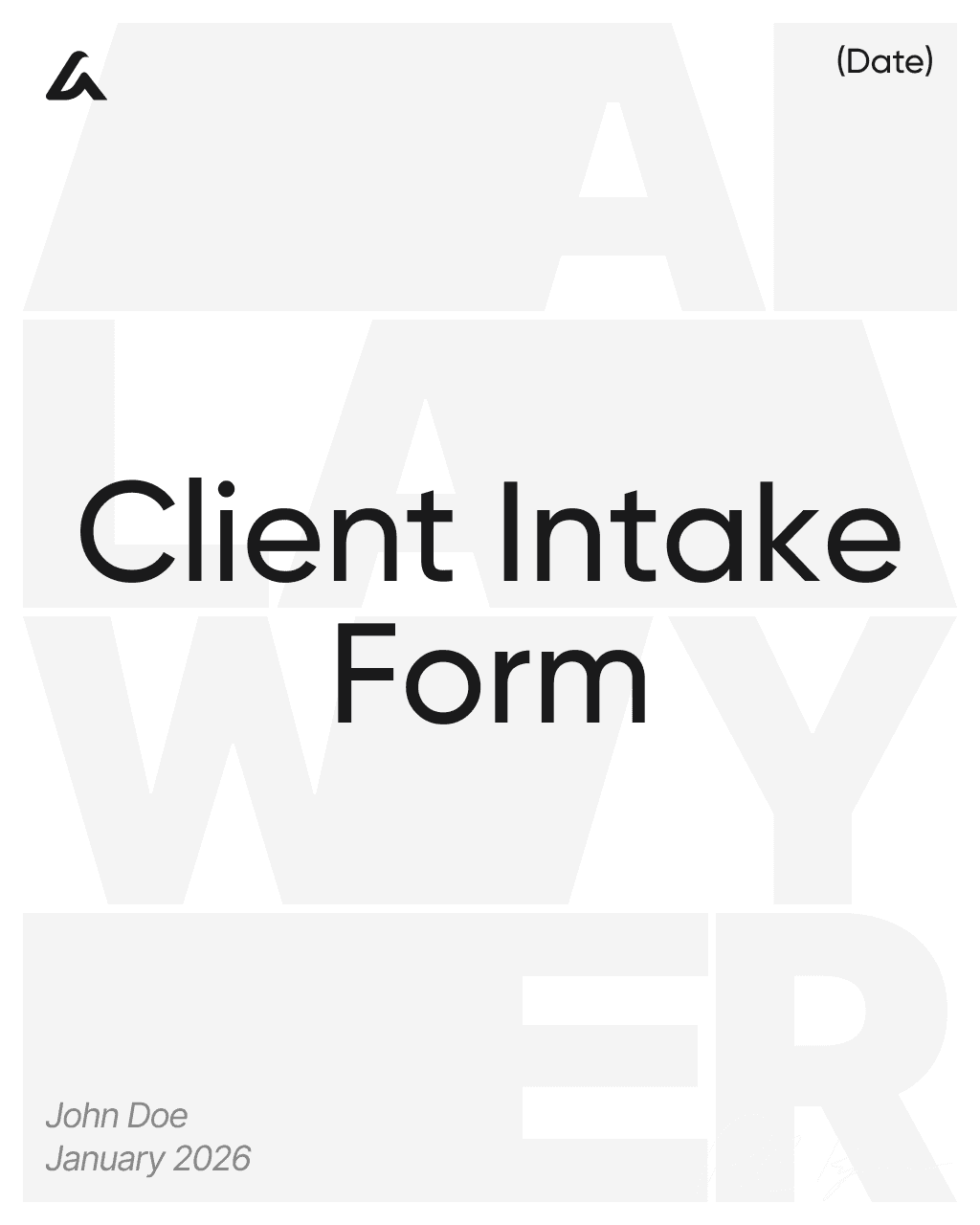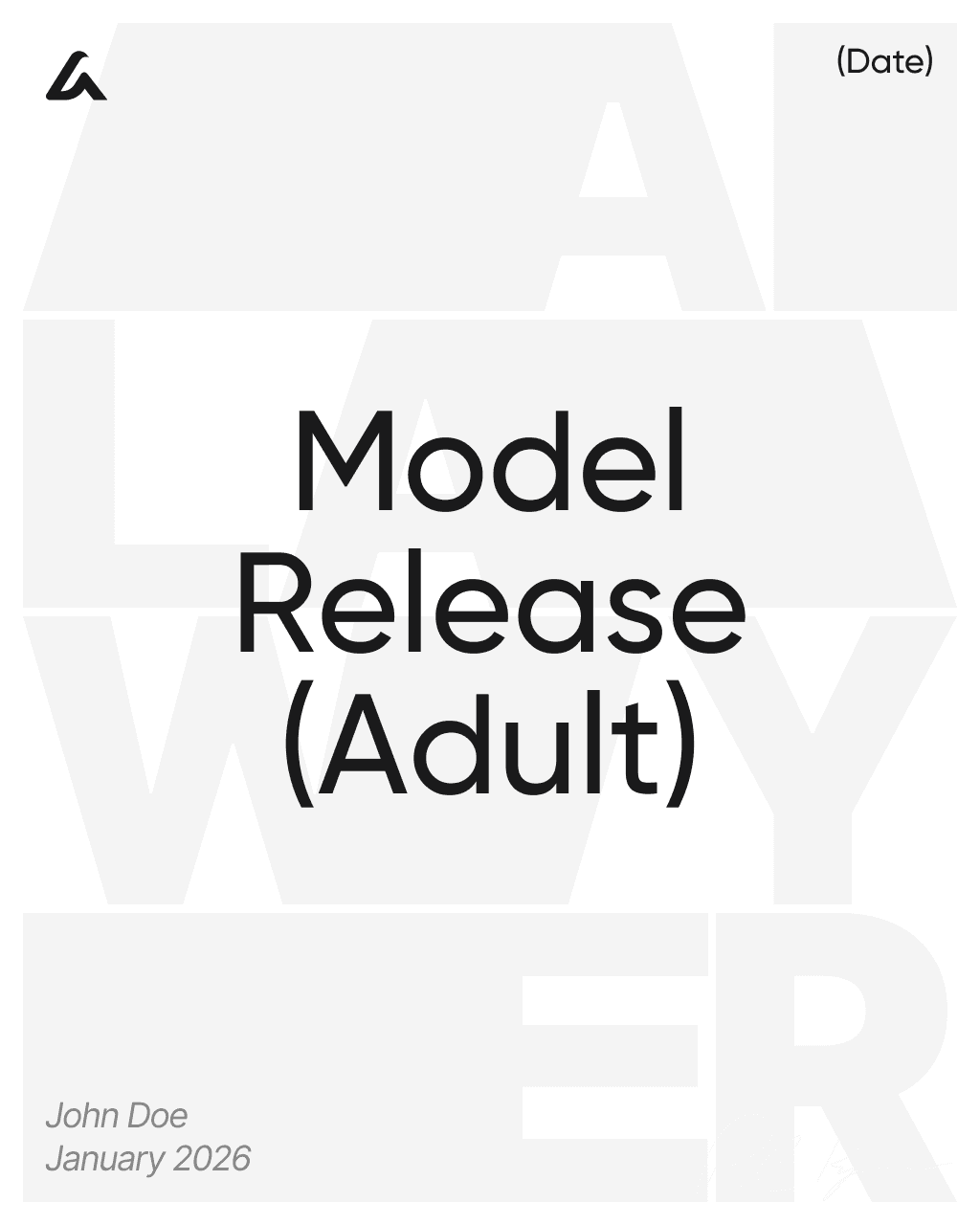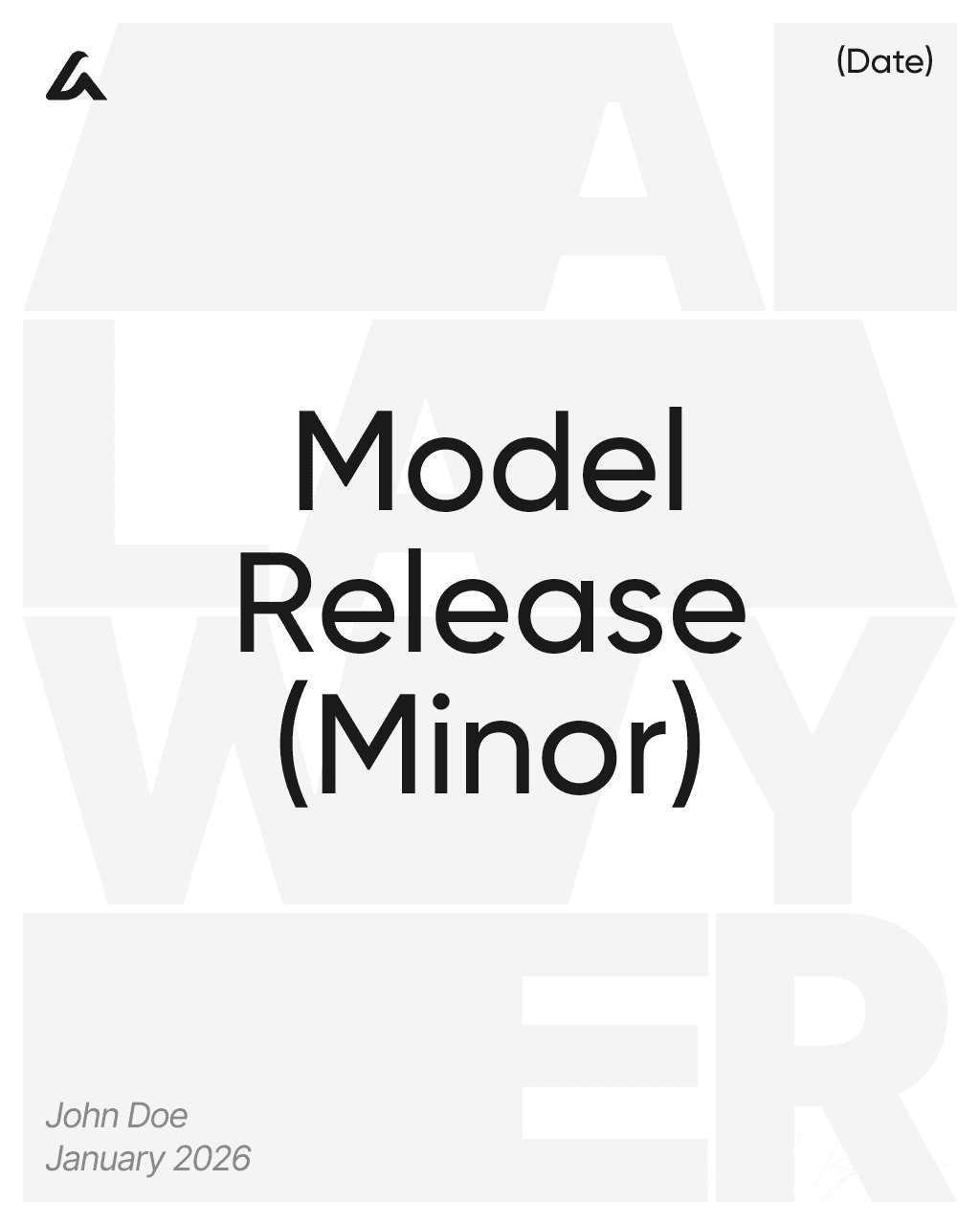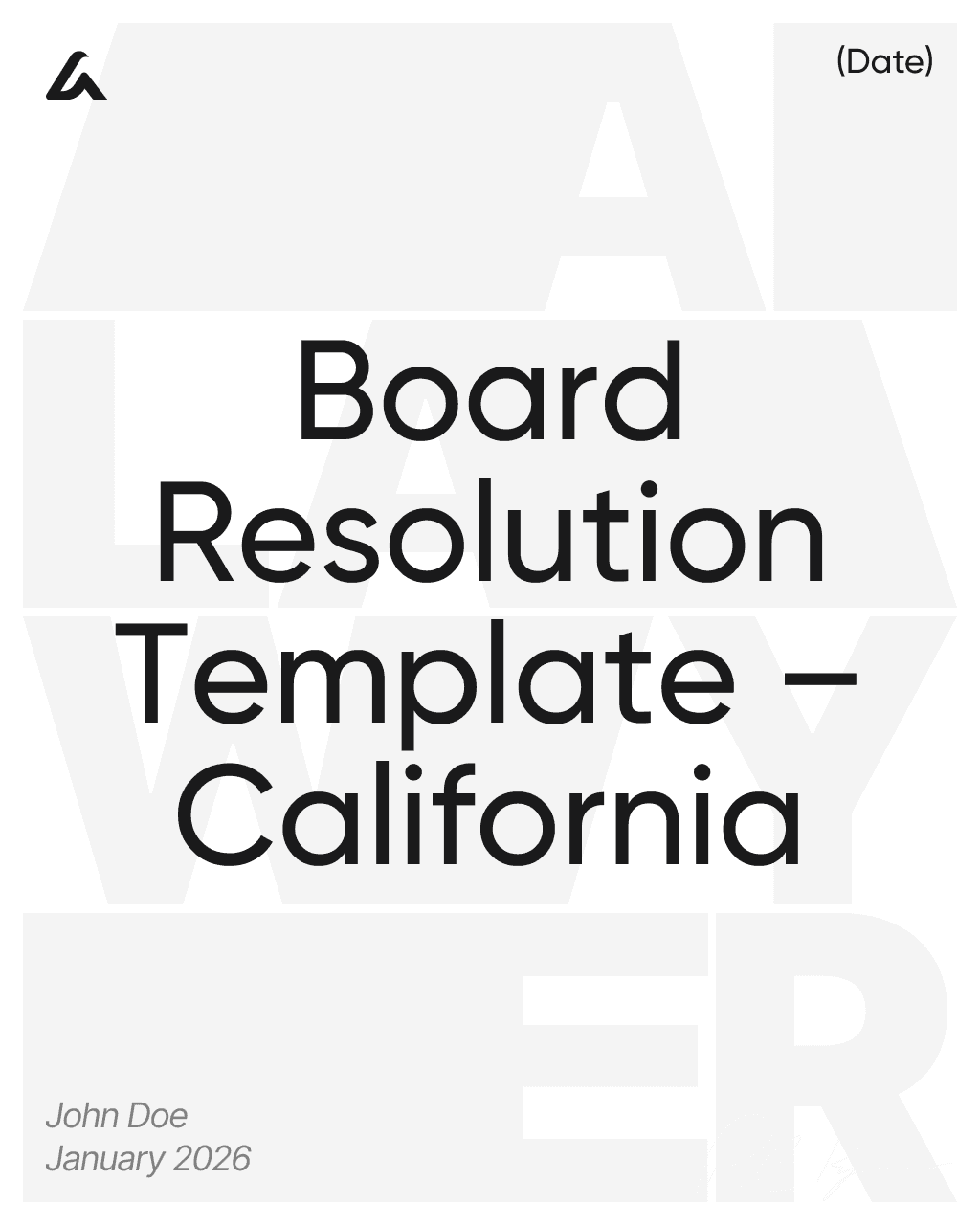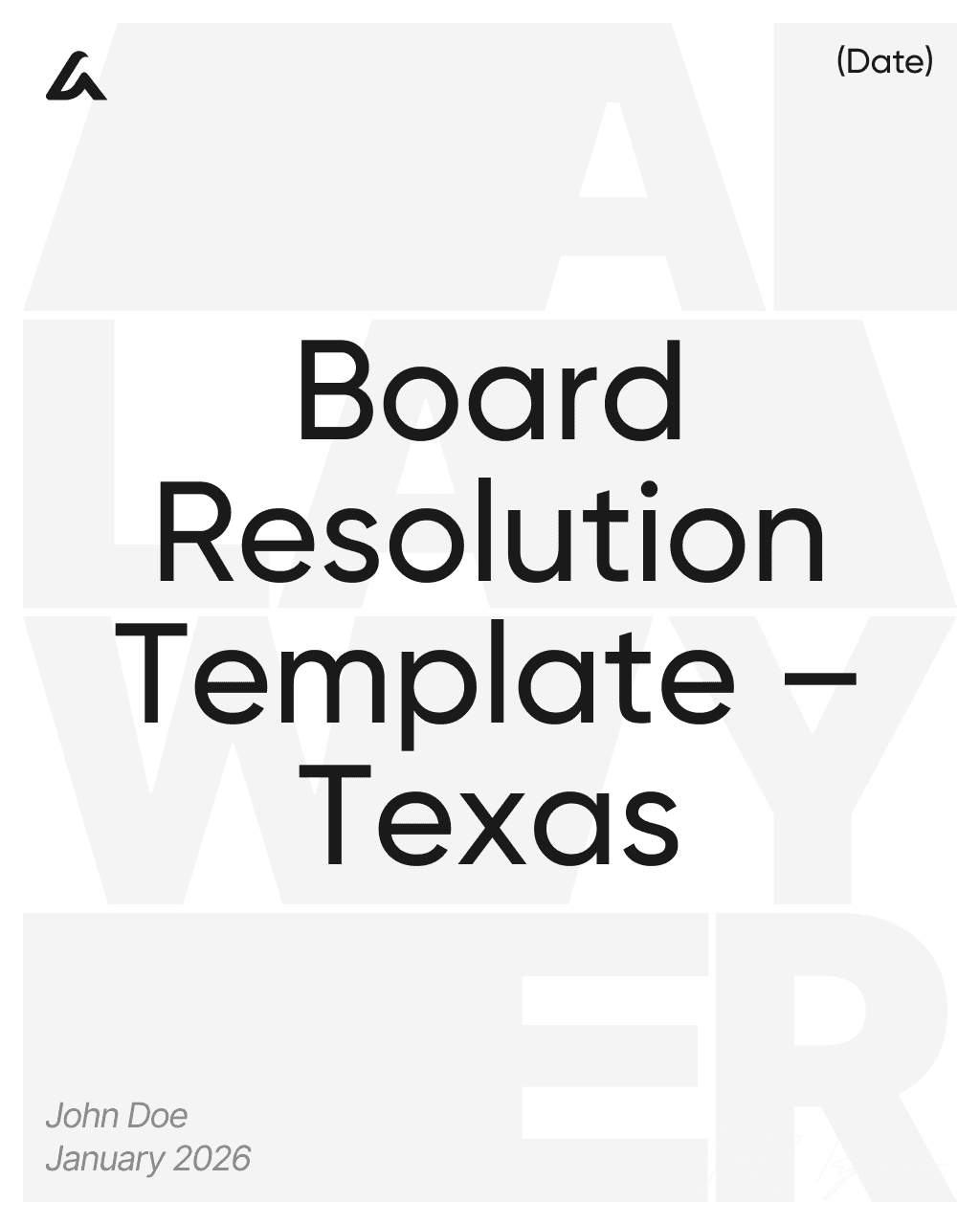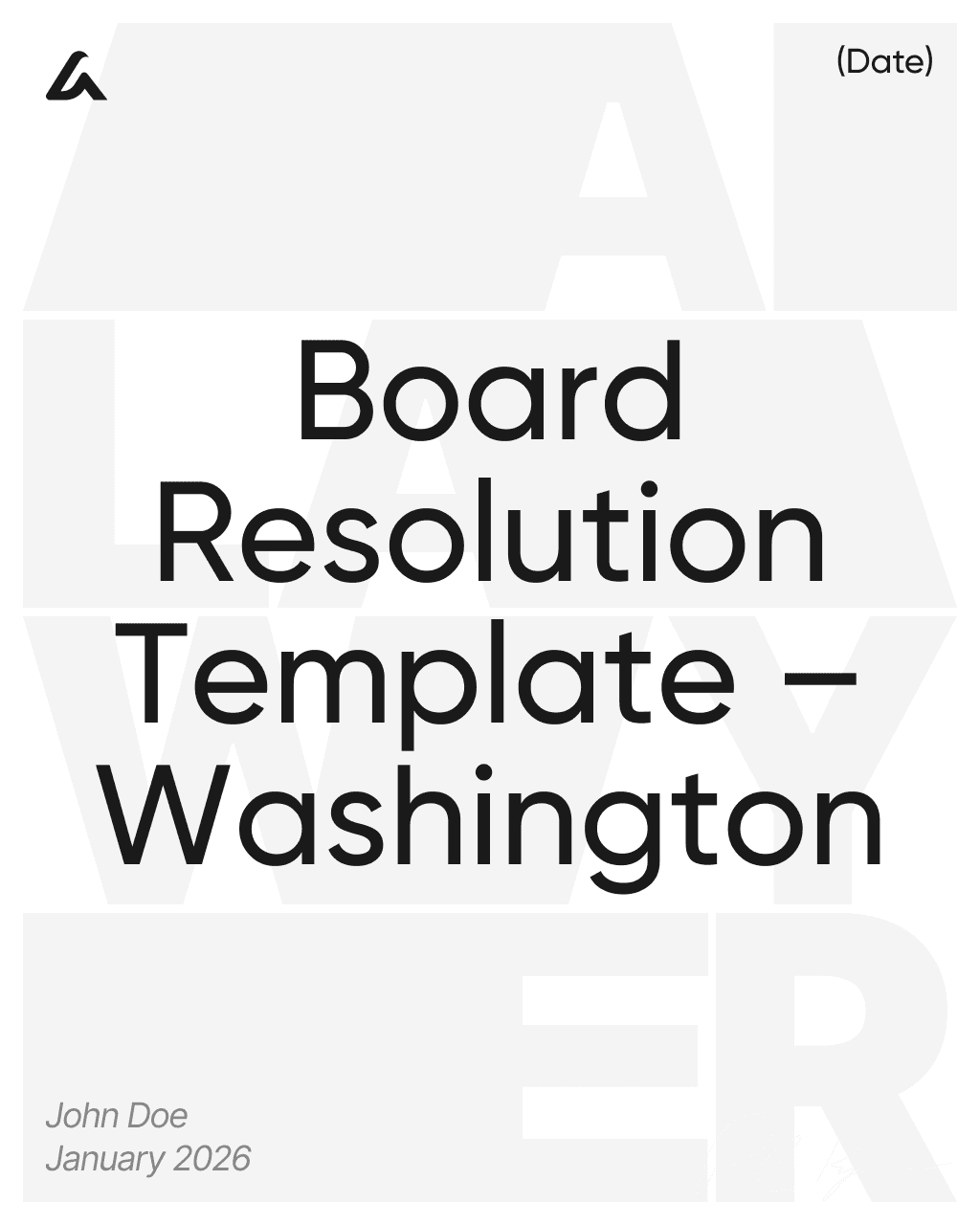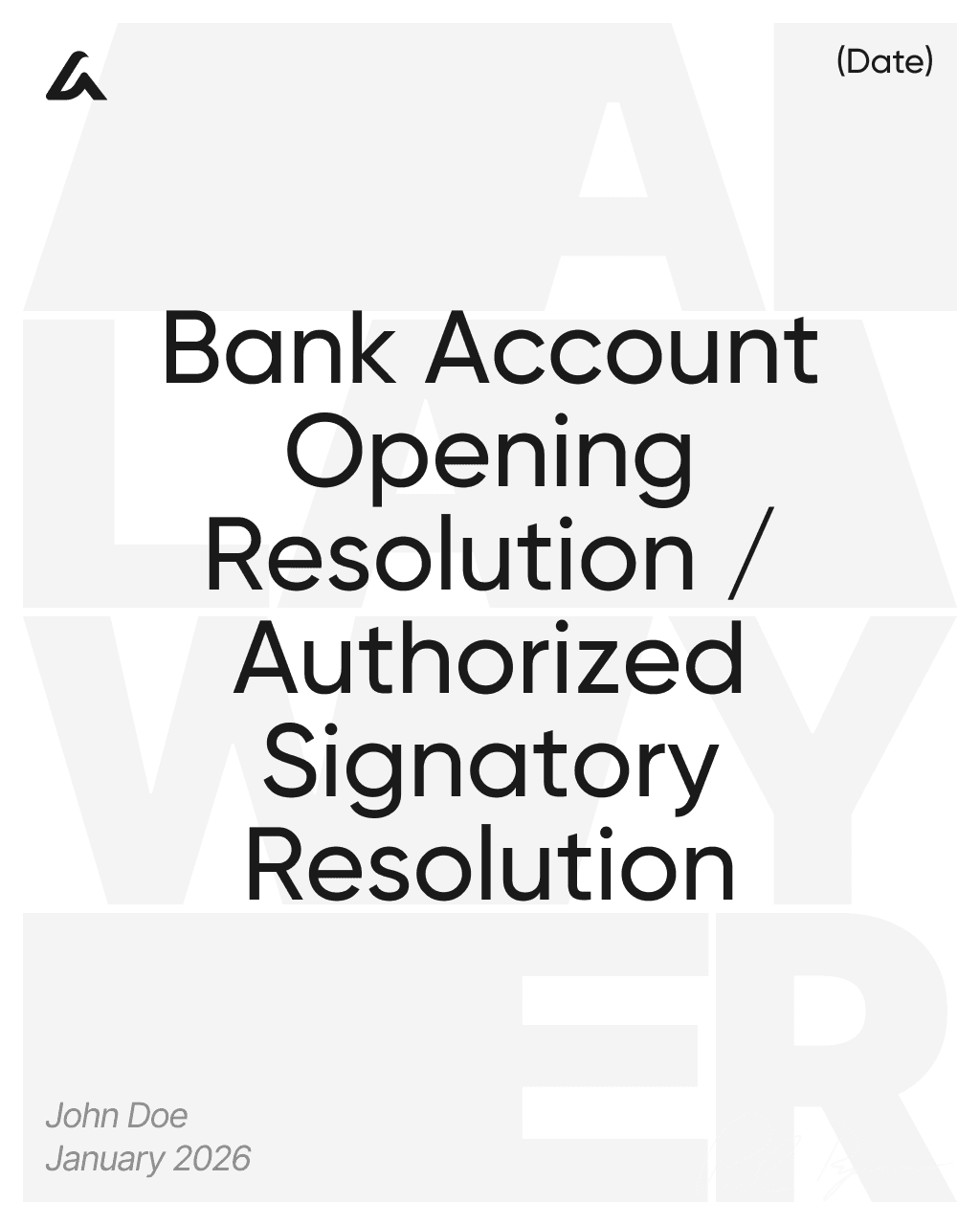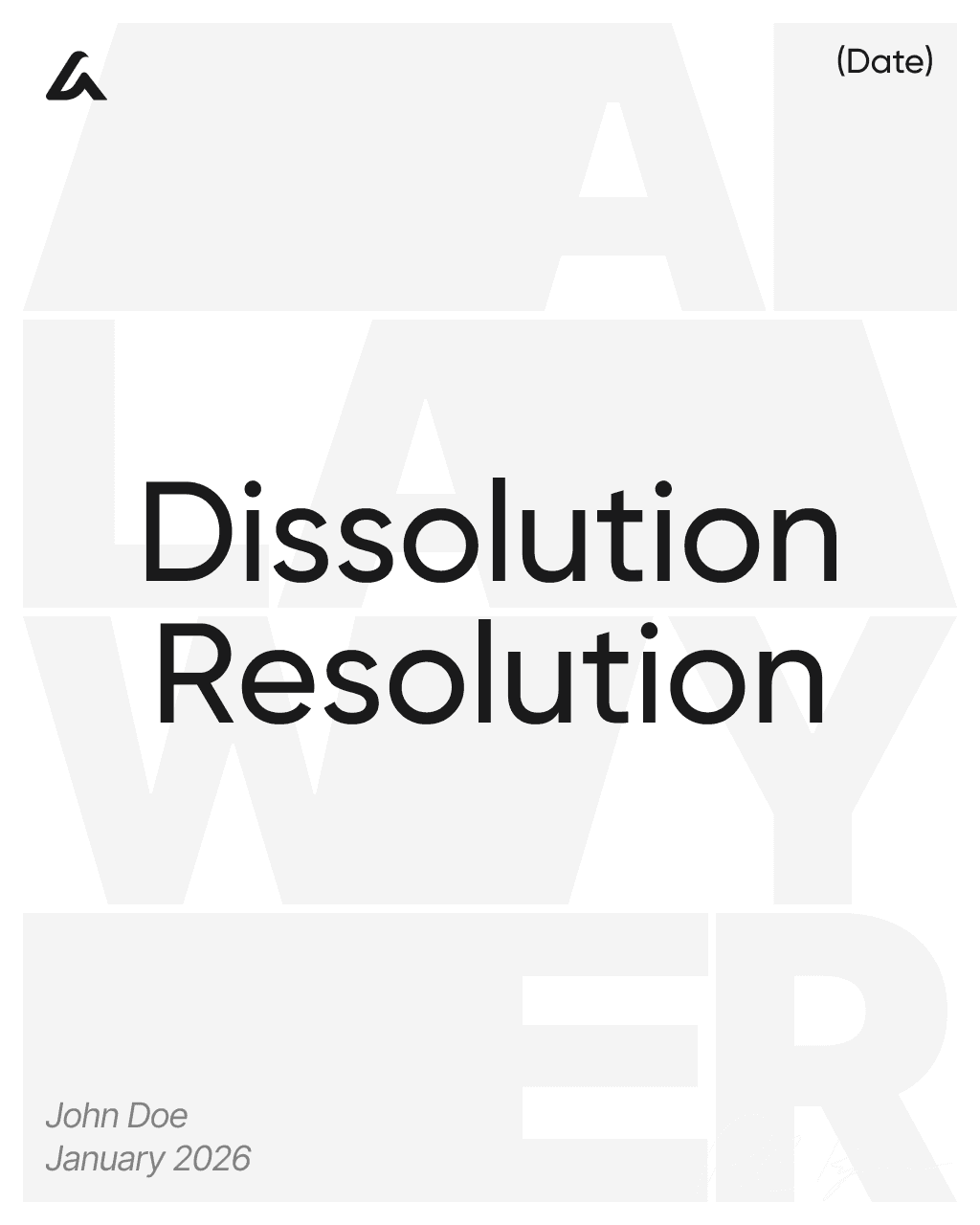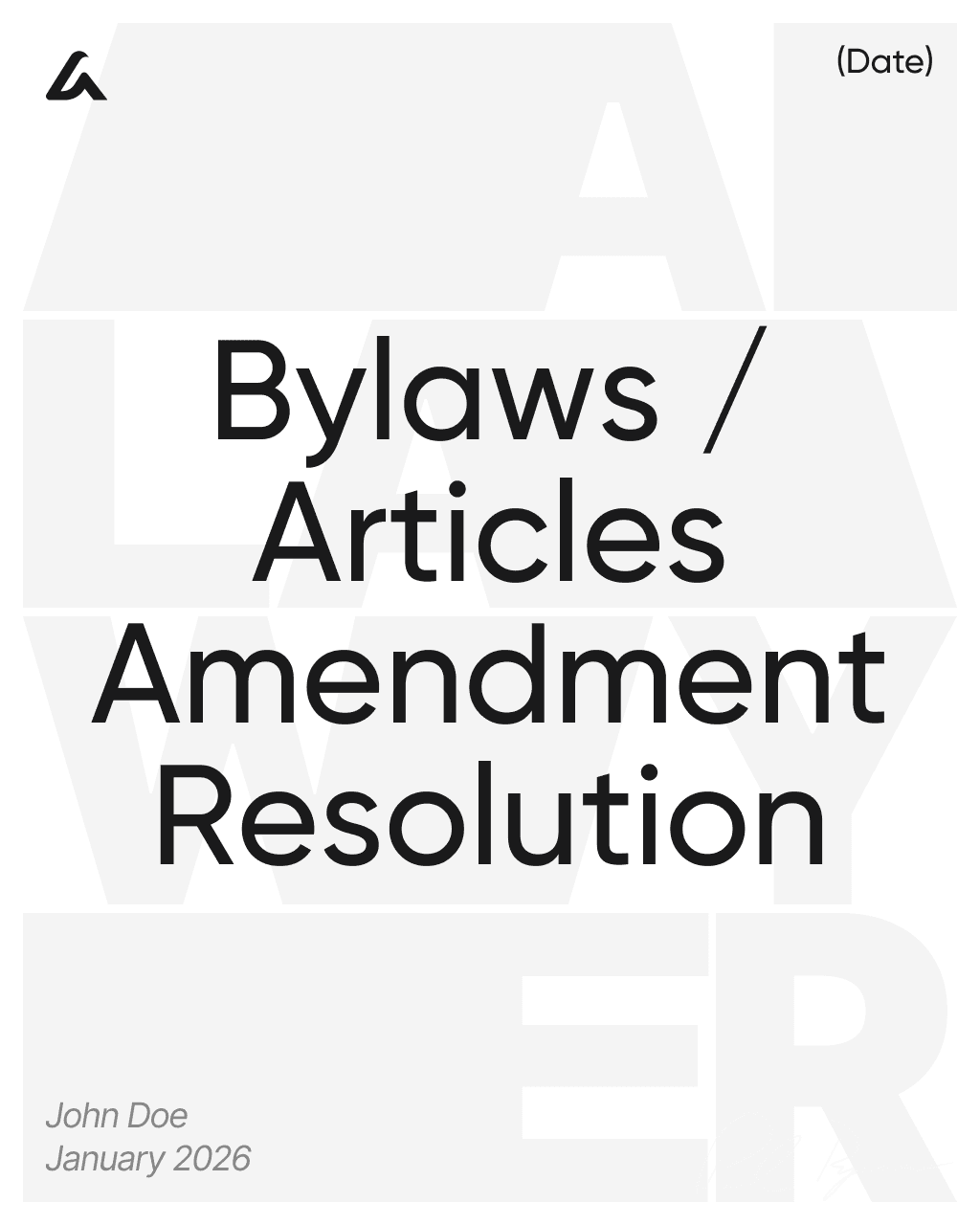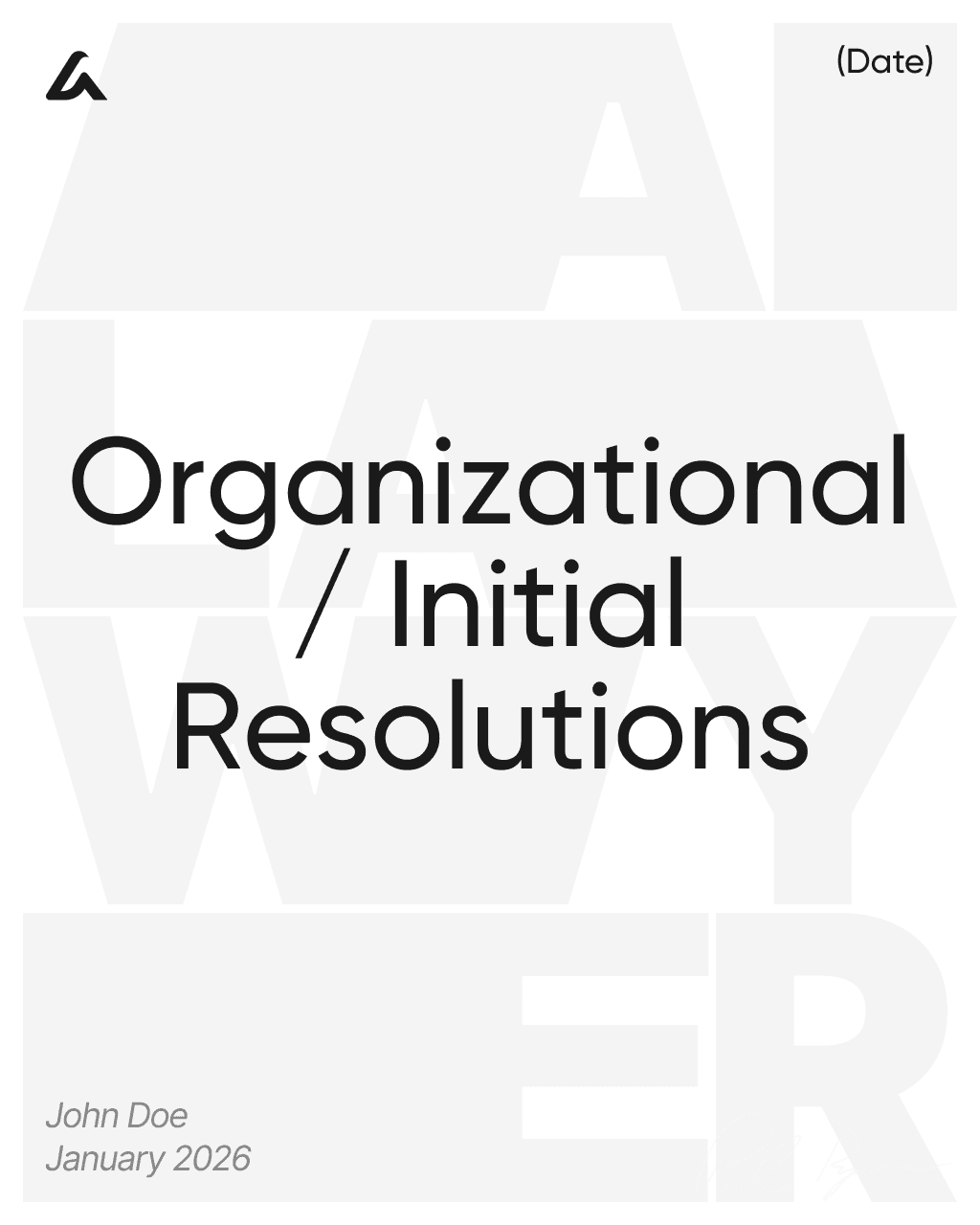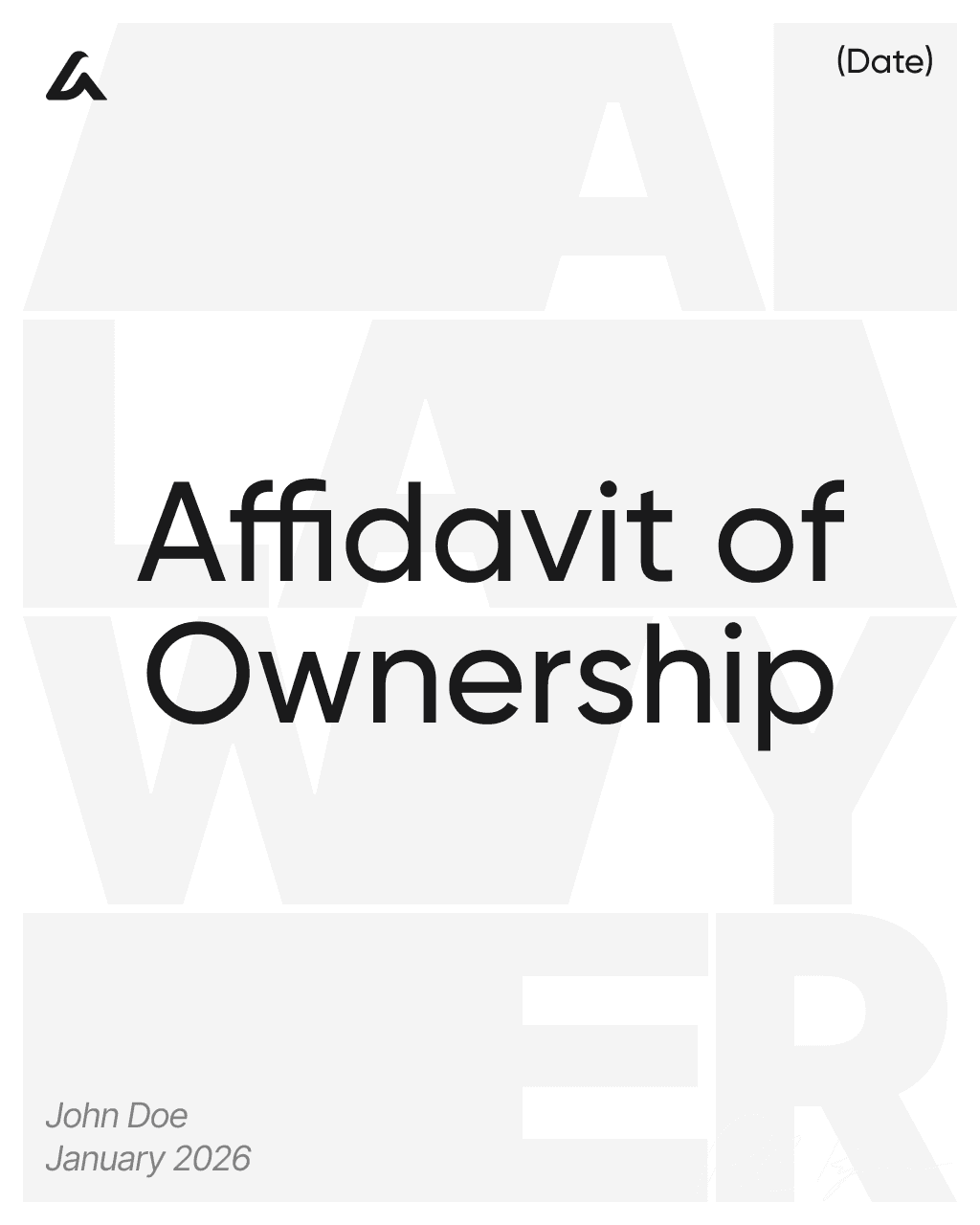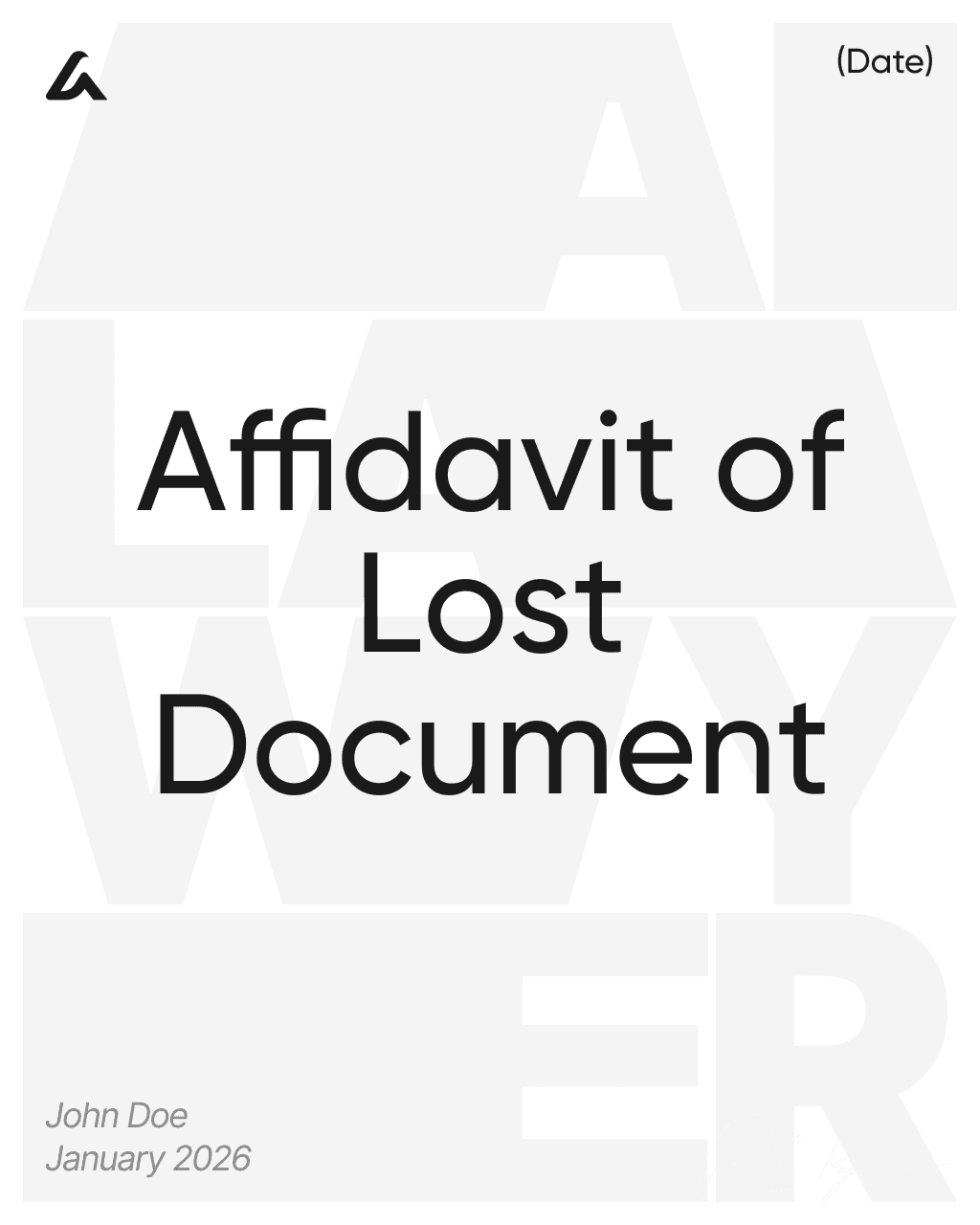Free template
Sworn Statement Template: Affidavit & Notary Official Washington
Formally declare facts under oath with this Sworn Statement Template.
Downloaded 2823 times
Sworn Statement Template: Affidavit & Notary Official Washington
Download template
Sworn Statement
I, [Full Legal Name], of [Address], being duly sworn, do hereby declare and state under oath the following:
1. Declarant Information
Name: [Full Legal Name]
Address: [Full Address]
Contact: [Email/Phone]
Date: [Date]
2. Subject and Relevance
This sworn statement concerns [topic] and is intended for official review. It summarizes events, communications, or records within my knowledge.
3. Detailed Facts
I present specific facts in a numbered format with dates and identifiers where available.
4. Digital/Log Evidence
Where digital items are relevant, I preserved native files, metadata, or system logs to support verification.
5. Confidentiality Note
Sensitive data has been minimized and redacted where appropriate while maintaining clarity.
6. Oath & Declaration
I declare under oath and penalty of perjury that the contents are true and correct.
7. Execution Information
Executed on [Date] at [City, State/Country].
Declarant Signature: _______________________________
Printed Name: ___________________________________
Notary / Authorized Officer Acknowledgment
On this [Day] of [Month, Year], before me, [Name of Notary/Officer], personally appeared [Declarant’s Full Name], known to me (or satisfactorily proven) to be the individual who executed the foregoing Sworn Statement, and acknowledged it to be true and correct.
Notary / Officer Signature: __________________________
Printed Name: ____________________________________
Commission No.: _________________________________
My Commission Expires: ___________________________
Flash deal
Flash deal
Today
Today
No time to fill it up? Generate your custom agreement with AI Lawyer in seconds
What’s Included
Legal Research
Legal Research
Legal Research
Contract Drafting
Contract Drafting
Contract Drafting
Document Review
Document Review
Document Review
Risk Analytics
Risk Analytics
Risk Analytics
Citation Verification
Citation Verification
Citation Verification
Easy-to-understand jargon
Easy-to-understand jargon
Easy-to-understand jargon
Details
Learn more about
Sworn Statement Template: Affidavit & Notary Official Washington
Click below for detailed info on the template.
For quick answers, scroll below to see the FAQ.
Click below for detailed info on the template.
For quick answers, scroll below to see the FAQ.
Washington Sworn Statement FAQ
What is a Sworn Statement?
A Sworn Statement is a written document in which a person formally declares that the information they are providing is true. It is commonly used in legal or official matters where factual accuracy is important — such as insurance claims, disputes, investigations, or court-related filings. The individual signs the statement and confirms that it is made under penalty of perjury, meaning they can face legal consequences if any part of it is knowingly false.
When to use a Sworn Statement?
A Sworn Statement is used when written, truthful testimony is needed without the person having to appear in court. It is commonly requested in situations such as insurance claims, workplace incidents, background checks, financial disclosures, property disputes, and law enforcement investigations. The statement serves as legally reliable evidence because the signer confirms the information under penalty of perjury, making it a suitable option when timely and documented facts are required.
What should be included in a Sworn Statement?
A Sworn Statement must clearly present truthful information and identify who is making the declaration. To ensure it is valid and useful, it should include:
The declarant’s full legal name and contact information:this confirms the identity of the person making the statement and provides a way to reach them if clarification is needed.
A clear and detailed statement of facts: the content should explain what happened, when, where, and who was involved. Facts must be specific, accurate, and based on personal knowledge rather than opinions.
Relevant dates, locations, and supporting context: including precise details strengthens credibility and helps avoid misunderstandings or disputes later.
A penalty-of-perjury declaration: this clause acknowledges that the declarant understands they can face legal consequences if the statement is false or misleading.
The declarant’s signature and the date of signing: signing confirms the statement is complete and truthful at the time of execution.
When does a Sworn Statement hold legal effect in Washington?
A Sworn Statement holds legal effect in Washington when it is signed voluntarily and includes a clear declaration that the information is true under penalty of perjury, as required by state law. Notarization is not required, but the statement must include the specific Washington perjury wording to be enforceable. Once properly executed, it may be used as evidence in legal, administrative, or financial matters.
What is the difference between a Sworn Statement and an Affidavit?
A Sworn Statement and an Affidavit are both written declarations of truth, but they differ in how they are executed.
A Sworn Statement is a written declaration that the signer confirms as true under penalty of perjury, but it does not require notarization. It becomes valid once the person signs it with the required perjury language.
An Affidavit, however, must be signed in front of a notary public or other authorized official, who verifies the identity of the signer and witnesses the signature. Because of this formal verification, affidavits are often required for court proceedings, government filings, or more formal legal matters.
In short: both documents state the truth, but a Sworn Statement is self-certified, while an Affidavit is notarized and formally witnessed.
Similar templates
Other templates from
Business Document
Money back guarantee
Free trial
Cancel anytime
AI Lawyer protects
your rights and wallet
Money back guarantee
Free trial
Cancel anytime
AI Lawyer protects
your rights and wallet
Money back guarantee
Free trial
Cancel anytime
AI Lawyer protects
your rights and wallet
Money back guarantee
Free trial
Cancel anytime














































